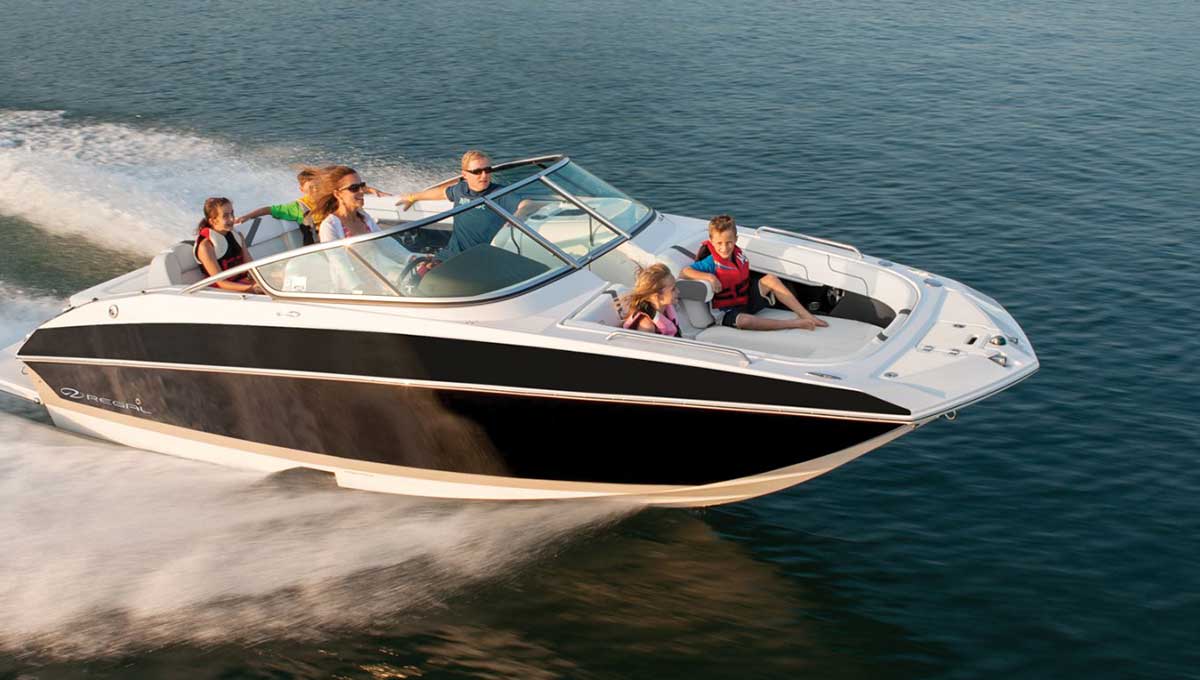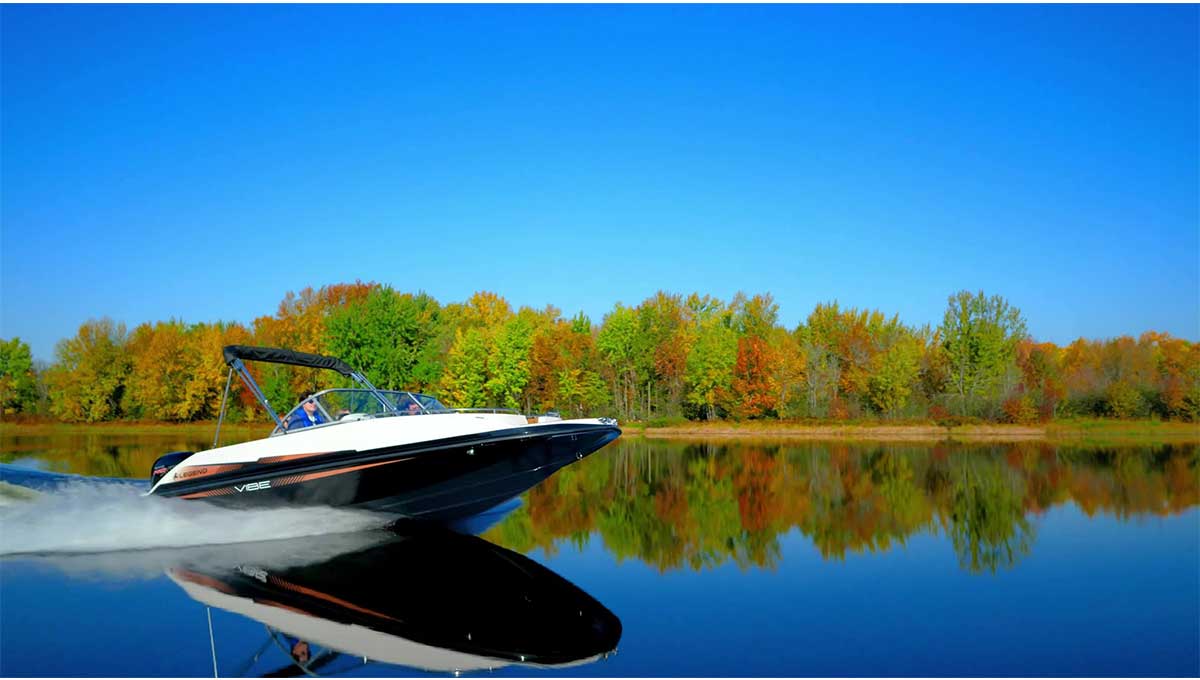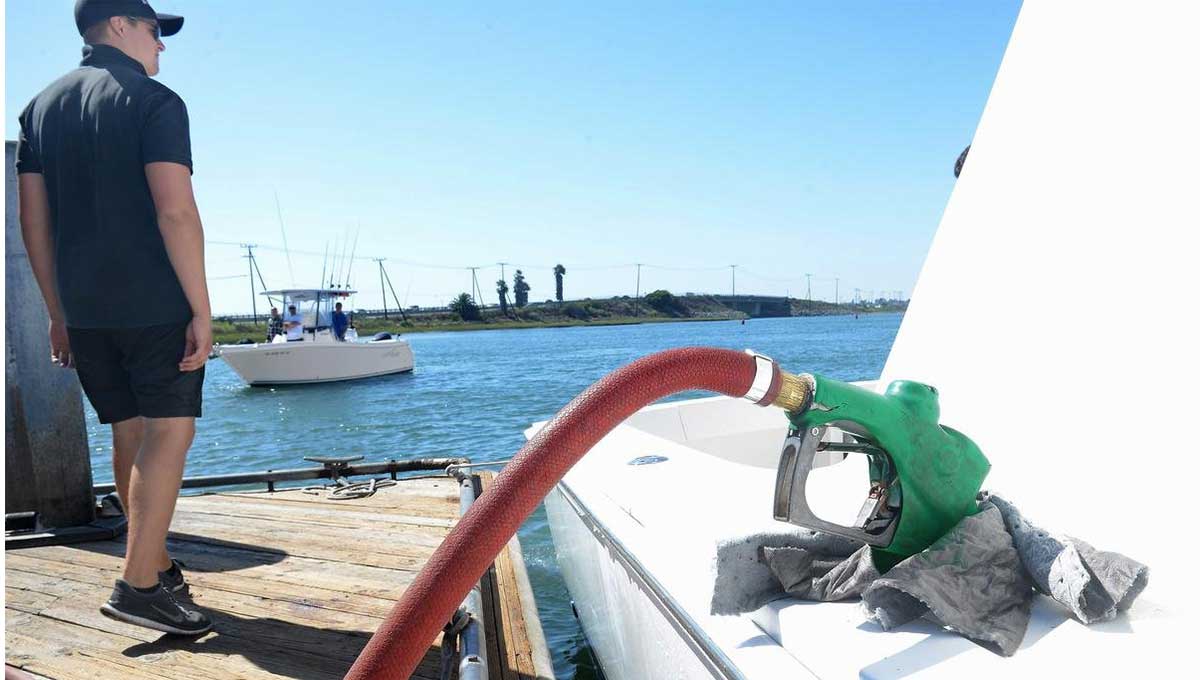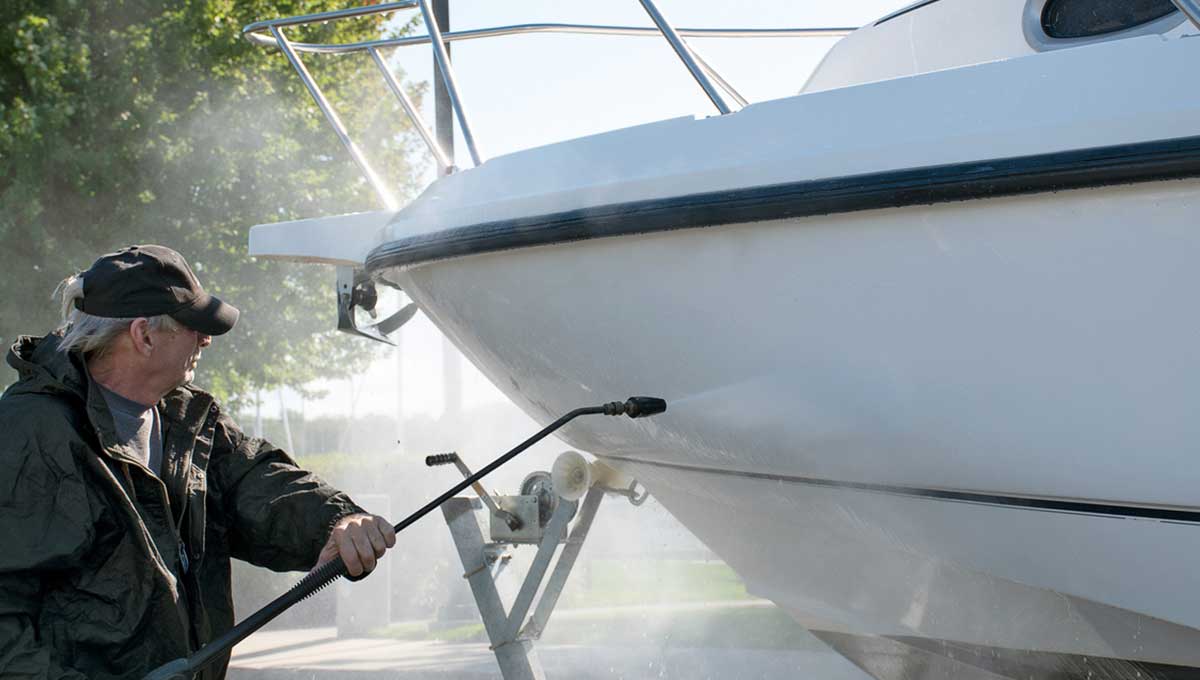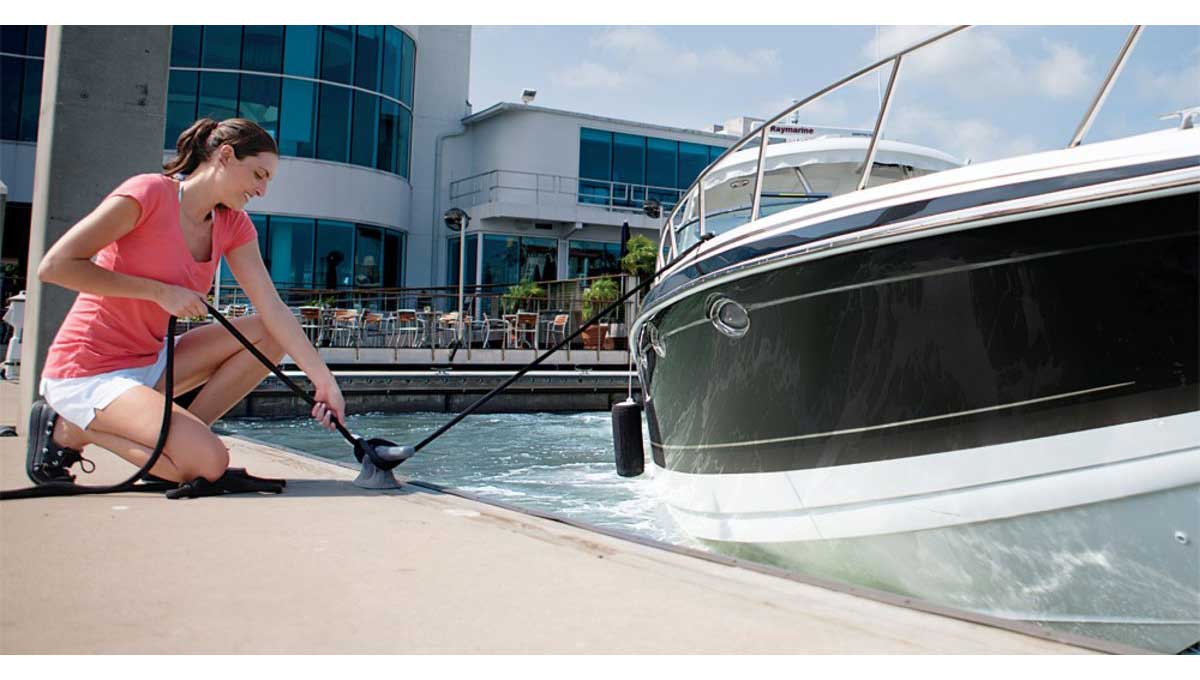Canada is host to a baffling amount of lakes, rivers, and oceans, making it a pristine environment for boat enthusiasts. Discover Boating reports that over 12.4 million Canadians participated in recreational boating in 2015, a number that's grown considerably since.
Whether you're in the market for a new motorized water vehicle or are currently a proud owner, it's important to know the costs of owning a boat in Canada. Being a boat owner comes with a boatload of expenses (pun intended) - from the purchase price to mooring and fuel costs.
Read on to find out how much it really costs to own a boat.
Licence and registration, please
The first thing you'll need to do, ideally before buying your boat, is getting your affairs in order with the proper authorities. Each province has a different set of requirements for boat registrations, but the costs range from $200-$300.
If you're looking to operate in more than one province at a time, you'll likely need to get two license plates and possibly pay an additional fee.
A boat licence can be obtained by attending a course, which will cost you around $50. Some courses are even offered online!
Upfront costs and inspection
Now on to the fun part: Buying your boat. Depending on your budget, the actual boat can cost you anywhere from $1000 to $4.8 billion. An average-sized yacht will cost you around $50 000.
There are many options for dealers when it comes to buying a boat. Be sure to shop around for the best deal; it's the best way to save money. The only other options include renting a boat or using an online service like Boatly, which will let you rent boats from around Canada for as low as $60 per hour.
The initial inspection of your boat will also be an important expense to consider. When operating a motor vehicle, especially on the water, it's essential to know it's reliable. You'll need a marine survey, and this can range anywhere from $500 to $5000.
Insuring your boat
Now that you've bought your boat, the next step is to insure it. Boating accidents happen more often than you might think. That's why it's so important to have a boat insurance policy to cover the cost in case damage or injury occurs. Boat policies are typically on-demand, and they can be expensive, such as, for example, with some of Canada's top providers like Mariner Insurance - $5000-$8000 per year.
This can vary in price depending on the size and type of boat. You'll need an insurance policy if you plan to drive the boat or be a passenger while someone else drives, but by shopping around, you can usually find one for as low as $800 per year for smaller boats and up.
Your boat insurance coverage price will depend on various factors such as your boat's size, year, and model. Different insurance companies also offer different rates, but Insurdinary can help you choose the one with the best value!
More on this subject later.
Day-to-day expenses
Once your boat is rightfully yours and on the water, you can start enjoying the boat life. But it comes at a price. Operating expenses associated with boating are similar to those of any motor vehicle.
The main thing to consider is fuel costs. It may surprise you to learn that the fuel of choice for many boats is diesel, not gasoline! So be sure to factor in your boat's thirst before starting on a long voyage.
As for the amount paid, the fuel price will really depend on the size of the boat. A 22-foot yacht will understandably consume more fuel than a jet ski! The boat's speed will also significantly affect the final price, pontoons being slower and cheaper to fill than big speedboats.
Finally, the frequency of your outings is the last determining factor in calculating fuel costs. These are all highly personalized variables that should be calculated before buying a boat.
If you have an electric boat, you will still need to charge it, and that will reflect on your electric bill.
Annual maintenance
You'll also need to maintain your boat a few times throughout the year. One crucial thing to do is change the oil periodically. This will keep the engine running optimally and reduce wear-and-tear on other parts of the boat as well.
A more in-depth maintenance plan might include:
- Checking your fuel injectors for clogs.
- Changing spark plugs.
- Replacing hoses if they show signs of wearing out or corrosion.
- Keeping up with freshwater tank levels (to avoid corrosion in the tanks).
- Checking your engine coolant level.
Another thing would be taking care of the paint job. We recommend using less toxic wax, and it's always best to have the boat repainted once in a while because of fading.
The point is, you'll need to watch out for these things regularly to keep your boat running well.
Transporting your boat
If you're like the majority of the population, you don't live on waterfront property. You'll need to truck your boat from its winter storage in a marina or on the shore down to wherever you keep it for the summer.
The cost of transporting a 25-foot long vessel can vary between $150 and $300 -depending on gas prices, weight pulled, and distance travelled.
If you have a smaller boat that you can load on your trailer, the cost to move it will be much less.
Mooring and docking
If you don't want to transport your boat back and forth during the summer months, consider mooring. Mooring is the practice of anchoring your boat at the local Marina or in a yacht club.
Mooring can cost anywhere from $75 to over a thousand dollars, again depending on the size of your boat and where you're mooring.
The average monthly cost for a 160-foot vessel is about $900 per month - not including any slip fees incurred during winter storage.
A "live aboard" yacht club is one where the members live onboard their boats all or part of the time, and these clubs typically require a three-year commitment for membership.
During the winter months, you'll want to dock your boat for protection, which can cost an average of $600 per month for a 40-foot vessel.
Repairs and upgrades
Provided you took the correct maintenance steps for your boat, every part should last a reasonably long time. But nothing lasts forever. As with everything else, your boat will eventually need repairs or upgrades.
The most common repair needed on a boat is to replace the rigging. This is a job that professionals must do, and depending on how long it takes to find someone who can do this for you, the cost of repair may run into thousands of dollars.
A simple pole replacement might only set you back $300-$500 (depending on whether or not your new pole needs any fitting), but a new propeller could cost you more than $3000.
Your boat might also need to be hauled out of the water periodically for routine maintenance, which can start at about $150 per month and go up from there depending on how often that is necessary.
The interior of your boat can always be upgraded. From a new kitchen new stereo system to new cushions, the sky is the limit. And if you want a more luxurious boat experience, then upgrading your bedding and linens can make for an elegant cruise that will impress all of your friends.
Air conditioning systems, more powerful engines and a better battery are all things that can be optimized through modification. These aren't cheap, but they are not necessary to include in your budget either.
Depreciation
As a boat owner, you should know that your initial investment will drop in value over time. In fact, it can be 50-75% of the initial cost after just one year and up to 90% by five years. So, you should plan for depreciation when creating your budget.
The reason boats lose value so quickly is that the market is flooded with them. Many people buy a boat, and within just a few years, they're looking for something newer or bigger.
You can somewhat offset depreciation by taking care of your boat well and keeping up on maintenance expenses like engine tune-ups or repairs to keep it running smoothly. And if you want to sell it in the future, you may be able to get some of that depreciation back.
Ideally, buy a boat that you love to drive, not one you want to sell the following year.
Costs of owning a boat in Canada: Not cheap!
We've established that the costs of owning a boat in Canada vary wildly depending on the boat, but one thing's for sure: It's an expensive venture, and you need thousands in disposable income.
On top of the regular costs, accidents can happen, leaving you needing repairs or worse: Your boat sunken at the bottom of the ocean.
Luckily though, as a responsible boat owner, you will have insurance coverage in place that could protect your investment should anything go wrong while afloat on our beautiful oceans.
With so many companies selling marine insurance policies nowadays, it's hard knowing which company offers the best deals- let Insurdinary help!
Fill out our form, and we'll get back to you with some great quotes from reputable insurers across Canada today!

